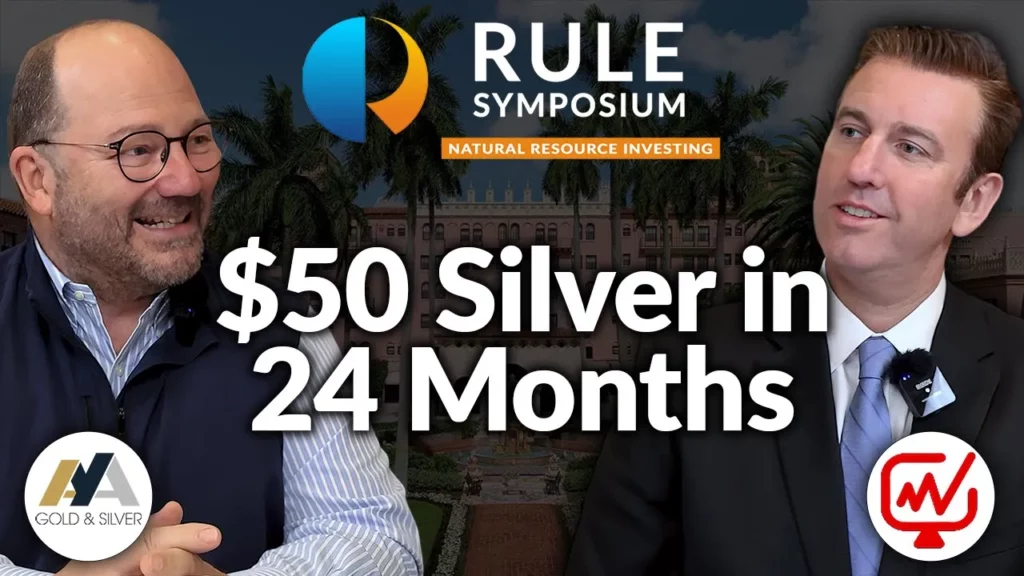In a move aimed at redefining the status of gold and silver as money rather than commodities, legislators in Missouri and Oklahoma have filed bills for the 2024 legislative session that seek to eliminate state capital gains taxes on the sale of precious metals.
The proposed legislation, if enacted, would also take steps to treat gold and silver as legal tender, marking a significant development in the ongoing debate surrounding the role of precious metals in the modern economy.
In Missouri, Rep. Doug Richey filed HB1867 on Dec. 11, followed by Rep. Bill Hardwick’s filing of HB1955 on Dec. 15. These bills align with SB735, introduced in the Senate by Sen. William Eigel earlier this month. Meanwhile, in Oklahoma, Sen. Shane Jett filed SB1507 and Sen. Nathan Dahm introduced SB1508. The key objective of these bills is to eliminate state capital gains taxes on the sale and exchange of gold and silver bullion.
Both Missouri and Oklahoma currently belong to the 42 states that do not impose sales taxes on gold and silver bullion. The proposed exemption from capital gains taxes is expected to lower the investment cost of precious metals, encouraging their use as an alternative form of currency.
The analogy of a sales tax on gold and silver bullion to a tax on a currency exchange was emphasized by former U.S. Rep. Ron Paul, who stated, “We ought not to tax money – and that’s a good idea. It makes no sense to tax money.” The argument against taxing precious metals centers on the notion that such levies hinder the use of gold and silver as money by increasing transaction costs.
Enacting these bills would not only impact tax policy but also contribute to a broader discussion on the size and scope of government, as highlighted by Paul. The legislation represents a small but significant step toward reestablishing gold and silver as legal tender, challenging the monopoly held by the Federal Reserve on the nation’s currency.
Under the proposed Missouri bill, gold and silver in physical or electronic form would be recognized as legal tender, allowing their use in settling public and private debts. This move aligns with the provisions in Oklahoma in 2014 and mirrors initiatives in Utah and Arkansas, where gold and silver are also considered legal tender.
It's just two states trying to make #gold and #silver legal tender, but it's still a significant sign of the times.
— Lobo Tiggre (@duediligenceguy) December 26, 2023
And if memory serves, Utah and other states have made similar efforts in the past… pic.twitter.com/gWBbC6GRo6
In addition to addressing tax policies, the Missouri bill includes provisions allowing the state to invest in gold or silver and explicitly prohibits the seizure of precious metals by state agencies. These measures align with the United States Constitution, which stipulates that only gold and silver coin shall be tender in payment of debts.
Constitutional tender expert Professor William Greene asserts that widespread use of gold and silver in multiple states could lead to a “reverse Gresham’s Law” effect, where sound money (gold and silver coins) replaces less stable currency (Federal Reserve notes). This could potentially challenge the Federal Reserve’s monopoly and introduce competition into the monetary system.
These proposed bills are part of a larger state-level movement advocating for sound money, reflecting a growing sentiment among legislators to explore alternatives to the existing fiat currency system.
Information for this briefing was found via OilPrice.com and the sources mentioned. The author has no securities or affiliations related to this organization. Not a recommendation to buy or sell. Always do additional research and consult a professional before purchasing a security. The author holds no licenses.









